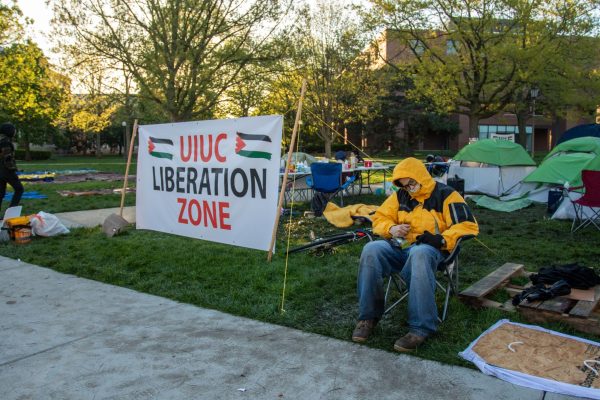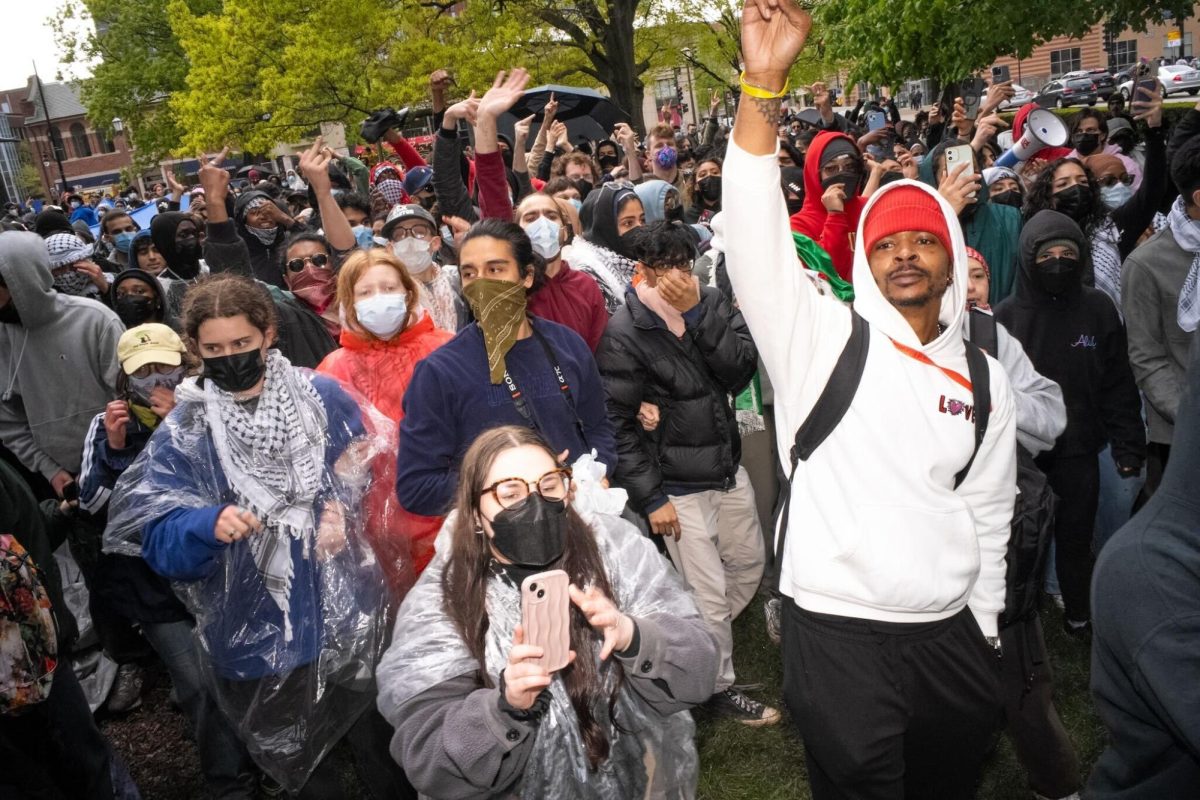WASHINGTON — More corners of the country would have high-speed Internet access and existing connections would become much faster under a sweeping proposal to overhaul U.S. broadband policy that is being unveiled Tuesday.
The plan from the Federal Communications Commission is meant to guide the government’s strategy on broadband for the next decade and beyond. It reflects the Obama administration’s concern that the nation that invented the Internet is in danger of falling behind the development of online applications in other countries that have faster broadband speeds at lower prices.
Yet it’s not certain the FCC can find the corporate support and legal clearance to carry out the entire plan.
Already, broadcasters oppose one key proposal, which calls for reclaiming some airwaves from TV stations and auctioning those frequencies to companies that deliver wireless Internet access.
Funding could be a question as well. The FCC insists that its proposals could be paid for by auctioning off slices of the airwaves. But the agency will have to persuade Congress that as much as $20 billion from the airwave auctions be set aside for broadband plans.
Get The Daily Illini in your inbox!
Last year’s stimulus bill also required the FCC to come up with the broadband plan, which is being delivered to Congress on Tuesday. The plan argues that high-speed Internet access is no longer just a luxury but is critical for economic development, education, health care and other aspects of daily life.
“Broadband is an infrastructure challenge that’s very akin to what we’ve faced in the past with telephones and electricity,” FCC Chairman Julius Genachowski said in an interview. The proposal sets a goal of connecting 100 million U.S. households to broadband connections of 100 megabits per second — at least 20 times faster than most home connections now — by 2020. AThe plan also calls for every American community to have at least one “anchor” institution, such as a school, library or hospital, that has ultra-high-speed Internet access. The FCC defines that as at least a gigabit per second, 10 times faster than the 100 megabits per second envisioned for home connections.
In addition, the plan is designed to encourage more people to subscribe to broadband.
Tapping this pool of money for broadband could be an uphill push, too, because the long-distance revenue base that supports the Universal Service Fund is shrinking. The FCC plan offers several options to pay for the new broadband programs, including one that would require no additional money from Congress and one that would accelerate the construction of broadband networks if Congress approves a one-time injection of several billion dollars.
Early reactions from the big phone and cable companies that dominate the U.S. broadband market were positive. US Telecom, a trade group that represents phone companies, praised the FCC for recognizing that “it will be through private sector investment and innovation that America’s broadband deployment goals will be met.”







